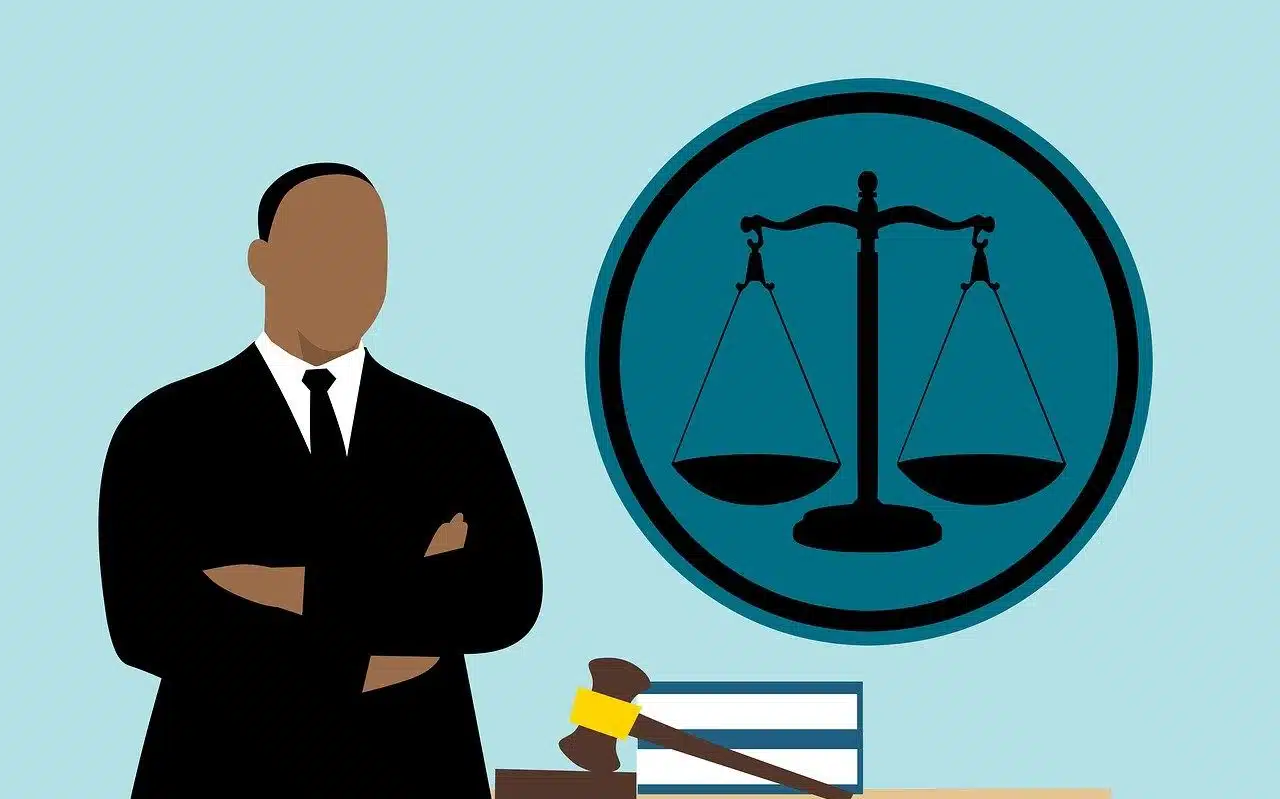
The judge is the one who, after considering the evidence or evidence that was presented in the context of a trial, is responsible for administering justice through a sentence with which he declares the guilt or innocence of the accused person.
Judge is the masculine name given to the subject who, after having been trained in judicial matters, assumes the responsibility of administering justice . In feminine terms, this person who achieves both sufficient authority and power to impartially judge and give sentence is known as a judge .
When consulting the definition and applications of this concept that are endorsed in the dictionary of the Royal Spanish Academy (RAE) , other interpretations come to light, some that allude to remote times. Thus, beyond recognizing a judge as an essential part of a court or a jury , this role, title or position is associated with whoever is chosen to resolve controversies, doubts and questions of all kinds. In other times, on the other hand, this word has allowed us to describe each leader who, together, governed Castile in its beginnings and the supreme magistrates who were appointed in Israel .
It is also very interesting to know that, although the notion is closely associated with Law , in the sports field this term is used to identify certain authorities . In football and other disciplines, to give a specific example, referees and their assistants, the line judges, play a leading role. In tennis matches, however, the supervision of the game is in charge of a judge or a chair umpire .
Competence, powers and jurisdiction of each judge
Outside the judicial sphere, not many people are aware of the powers of each judge or know what jurisdiction or competence consists of.
According to the theory, given the existence of more than one competent judge in a given district, the assignment of the case is done by lot. It is usually noted that all these representatives of Justice have jurisdiction , although the competence , that is, the limit to assert the power to judge, depends on different factors.
A judge , to offer more details about his work, has ordering and investigative powers that, for example, allow him to send evidence ex officio .
Of course, beyond declaring himself competent or incompetent , every judge must adjust his or her conduct to guiding principles and adapt to a code of judicial ethics . The purpose is to guide every magistrate through a professional practice marked by excellence, objectivity, independence , honesty , professionalism and impartiality .

In a criminal proceeding, the judge must guarantee that constitutional guarantees are respected, while the prosecutor must be in charge of promoting the investigation to prove, eventually, that a crime was committed.
Types of magistrates
In order to respond and deal with a wide variety of matters that must be resolved in Justice , a structure, that is, an organization, has been implemented for a large number of years, which encompasses different organizations, jurisdictions, powers. and types of magistrates .
To become a judge of the Supreme Court of Justice of the Argentine Nation , to detail a specific case, it is required, among other conditions, that the applicant be at least 30 years old and prove to have accumulated at least eight seasons working as a lawyer .
In Argentine territory, similarly, reserved juvenile courts are distributed to address cases in which the accused (or the accused) is a minor. Within this framework, therefore, a juvenile judge is appointed for each court. In countries like Costa Rica and Bolivia , according to the Pan-Hispanic Dictionary of Legal Spanish dependent on the Royal Spanish Academy (RAE) , the official who controls that a certain criminal sanction that weighs on young people is carried out at the penitentiary level is called an execution judge. in juvenile criminal matters.
Nor should we lose sight of the fact that in many corners of the world, in the absence of a court of first instance and investigation , it is decided to appoint a justice of the peace , a citizen of legal age who may access the position even if he has not graduated in Law. . On Argentine soil, this role is reserved for the resolution of minor problems of daily life, such as a conflict between neighbors. In that case, the justice of the peace can judge whether or not any rule included in the Coexistence Code is breached.

The assistance of a lawyer, personal documentation and a divorce proposal are essential requirements to be able to carry out the divorce process.
The judge, key in civil and criminal cases
The judge, both in Civil Law and Criminal Law , is a key figure due to the responsibility he has in each litigation that requires him to search for the truth in order to clarify facts and dispense justice .
In both the civil and commercial spheres of Argentina , the foundations of the legal order are concentrated in the Civil and Commercial Code of the Nation . Here, among a wide range of issues, divorce and child support are regulated in the event of non-coexistence between one of the parents and their descendants.
By focusing on the content of the Criminal Procedure Code that is in force on the Argentine surface, however, it will be possible to know what is established regarding the criminal jurisdiction of judges , the unification of sentences and the priority of judging based on jurisdiction, among other points.
There are also articles that emphasize how an investigating judge should proceed, within the framework of a criminal process; What rights and possibilities are available to both an accused person and his /her defense lawyer , as well as indicating what rights are recognized for witnesses .
